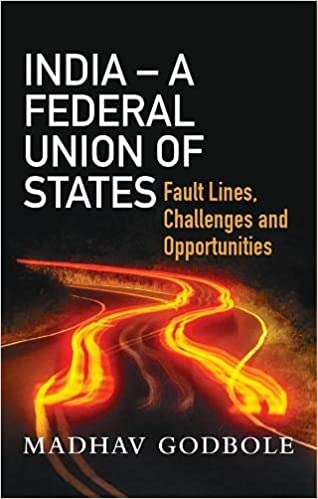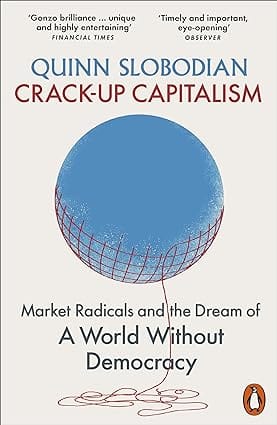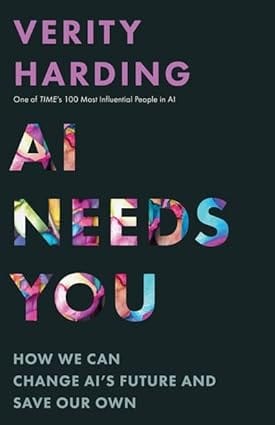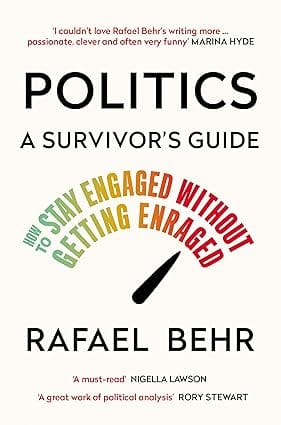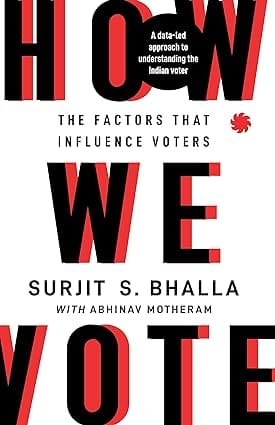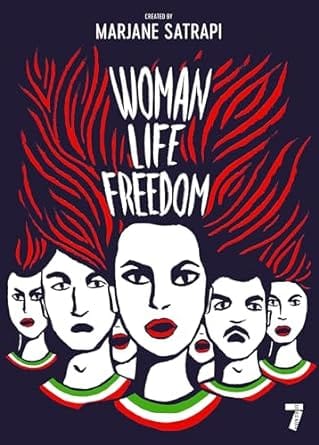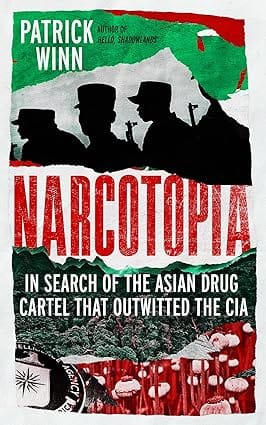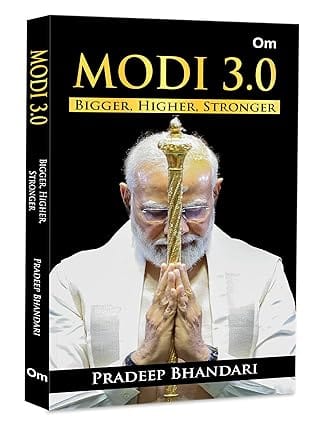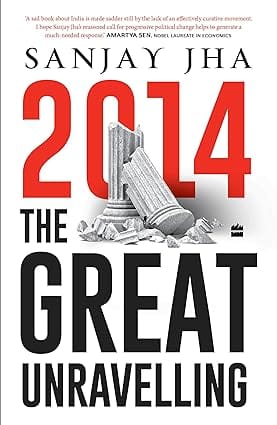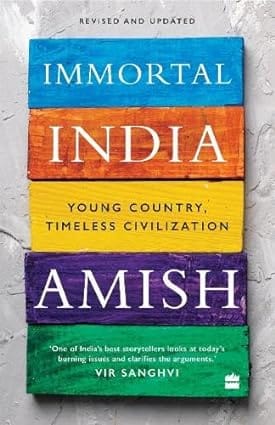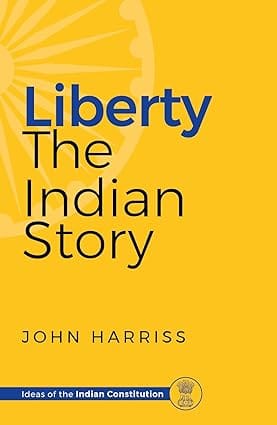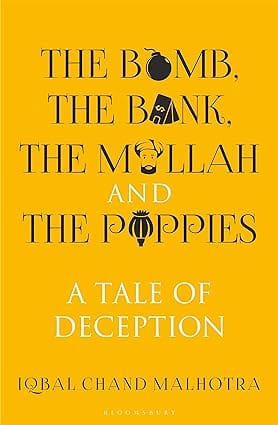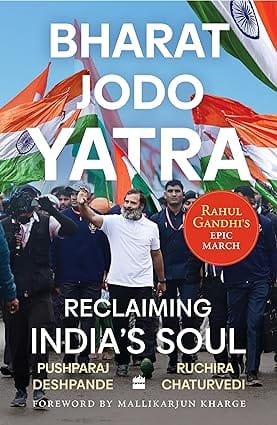-
Contemporary Fiction
- Contemporary Fiction
-
Children
- Children
-
Comics & Graphic Novels
- Comics & Graphic Novels
-
Non-Fiction
- Non-Fiction
-
Fiction
- Fiction
N THE LAST 70 YEARS SINCE THE ADOPTION OF THE CONSTITUTION, India has transitioned into a multi-party democracy with a greatly polarised polity. It is time to take a closer look at how successful India has been in working its unique model of a Federal Union of States. Born amid the Partition, the emphasis in the Constitution on a strong Centre was understandable. But, that is no longer enough. Some fault lines are now evident. Nonseparation of religion from politics, irritants in Centre-state relations, the institution of state Governor, division of legislative powers between the Union and the states, the official language dilemma, and the rising tide of sub-nationalism are clamouring for attention. India has single citizenship, but increasing state domiciliary restrictions are legalizing discrimination and undermining fundamental rights, more particularly, equality of opportunity in public employment. Even after the abrogation of Article 370, the ‘Kashmir problem’ continues to haunt. Ways have to be found for strengthening cooperative federalism and creating a common market with greater economic, commercial and trade integration. Setting up of a constitutional court, and a trade & commerce authority of India require urgent attention. With the ineffectiveness of the Inter-State Council, alternate mechanisms need to be explored. India is sui generis in its wide diversity. The new strategy must be a cementing force. The book comprehensively analyses these complex, sensitive issues from a policy perspective. The future of India’s federalism will depend on their resolution.
About the Author
India- A Federal Union of States: Fault Lines, Challenge and Opportunities
SIZE GUIDE
- ISBN: 9788194928614
- Author: Dr. Madhav Godbole
- Publisher: Konark Publishers Pvt.Ltd
- Pages: 384
- Format: Hardback
Book Description
N THE LAST 70 YEARS SINCE THE ADOPTION OF THE CONSTITUTION, India has transitioned into a multi-party democracy with a greatly polarised polity. It is time to take a closer look at how successful India has been in working its unique model of a Federal Union of States. Born amid the Partition, the emphasis in the Constitution on a strong Centre was understandable. But, that is no longer enough. Some fault lines are now evident. Nonseparation of religion from politics, irritants in Centre-state relations, the institution of state Governor, division of legislative powers between the Union and the states, the official language dilemma, and the rising tide of sub-nationalism are clamouring for attention. India has single citizenship, but increasing state domiciliary restrictions are legalizing discrimination and undermining fundamental rights, more particularly, equality of opportunity in public employment. Even after the abrogation of Article 370, the ‘Kashmir problem’ continues to haunt. Ways have to be found for strengthening cooperative federalism and creating a common market with greater economic, commercial and trade integration. Setting up of a constitutional court, and a trade & commerce authority of India require urgent attention. With the ineffectiveness of the Inter-State Council, alternate mechanisms need to be explored. India is sui generis in its wide diversity. The new strategy must be a cementing force. The book comprehensively analyses these complex, sensitive issues from a policy perspective. The future of India’s federalism will depend on their resolution.
About the Author
User reviews
NEWSLETTER
Subscribe to get Email Updates!
Thanks for subscribing.
Your response has been recorded.

India's Iconic & Independent Book Store offering a vast selection of books across a variety of genres Since 1978.
"We Believe In The Power of Books" Our mission is to make books accessible to everyone, and to cultivate a culture of reading and learning. We strive to provide a wide range of books, from classic literature, sci-fi and fantasy, to graphic novels, biographies and self-help books, so that everyone can find something to read.
Whether you’re looking for your next great read, a gift for someone special, or just browsing, Midland is here to make your book-buying experience easy and enjoyable.
We are shipping pan India and across the world.
For Bulk Order / Corporate Gifting
 +91 9818282497 |
+91 9818282497 |  [email protected]
[email protected]
Click To Know More
INFORMATION
POLICIES
ACCOUNT
ADDRESS
Shop No.20, Aurobindo Palace Market, Near Church, New Delhi

